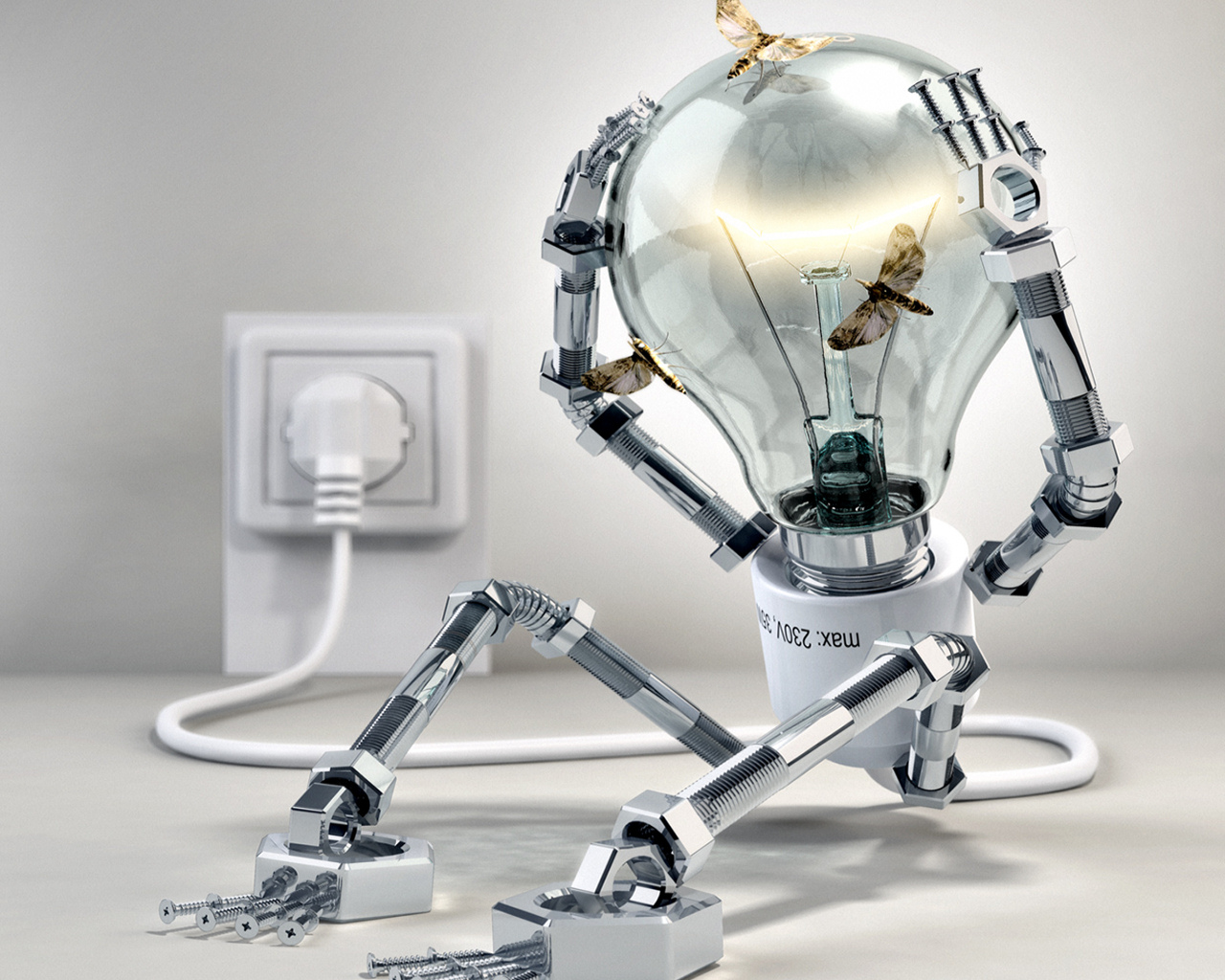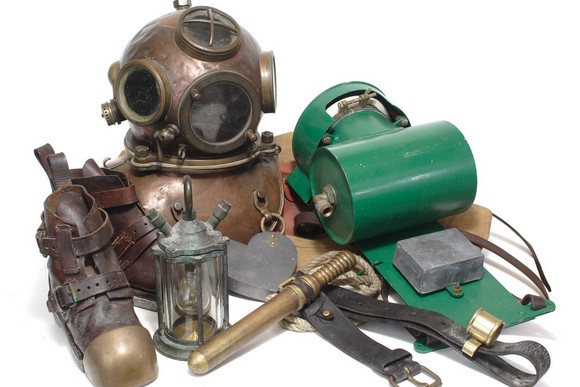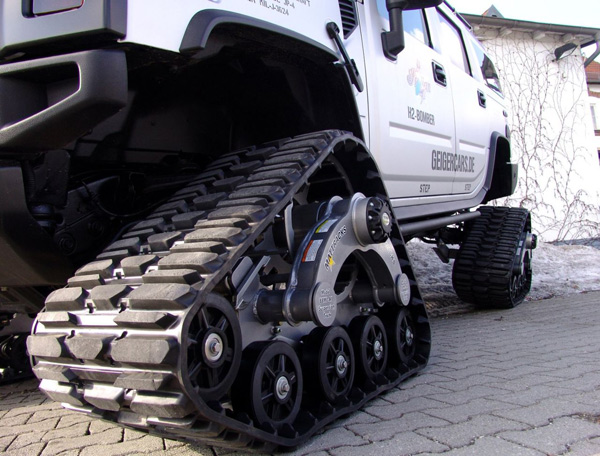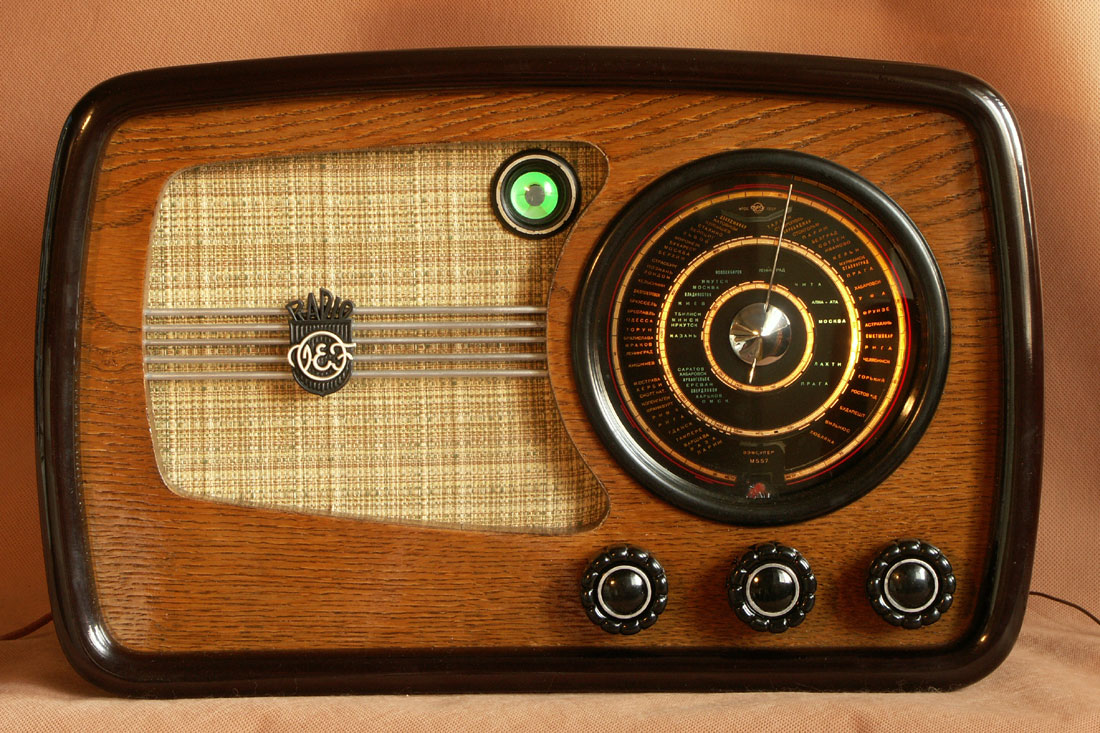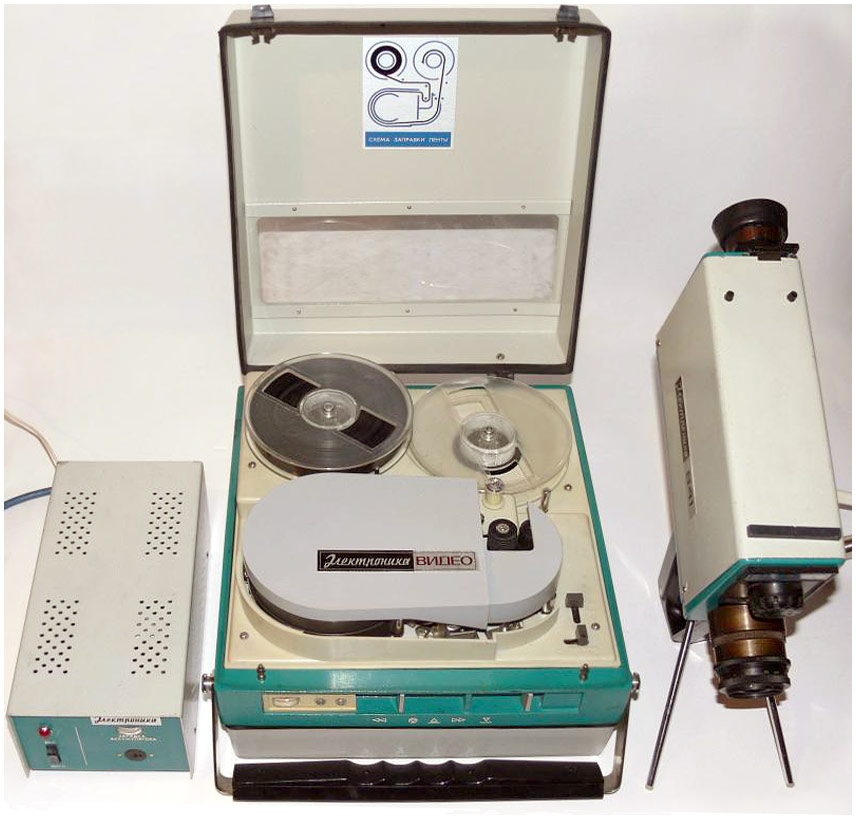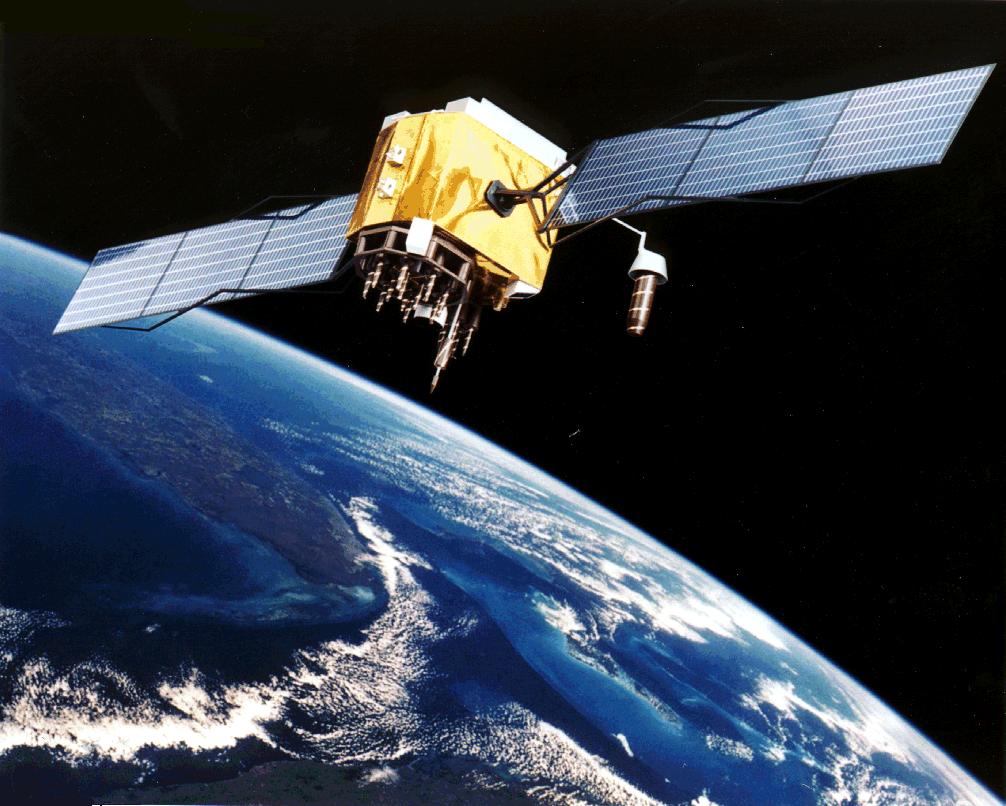senheiser
SENIOR MEMBER

- Joined
- Jun 26, 2012
- Messages
- 4,037
- Reaction score
- -1
- Country
- Location
Invented By Russians? | English Russia
Posted on February 15, 2012 by

Russian scientists and engineers invented a bunch of genius things but were unable to patent or sell them in time that is why it were inventors from other countries who reaped laurels.
Car.
L. Shamshurenkov was a self-taught Russian inventor of peasant origin, who constructed in 1752 the first self-propelling or self-running carriage (may be regarded as precursor to both quadrocycle and automobile) and was awarded with $2 for that. Only in 1769, Nicolas-Joseph Cugnot from France presented a similar invention to the world.

Helicopter.
In July, 1754 M. Lomonosov demonstrated a small tandem rotor to the Russian Academy of Sciences. It was powered by a spring and suggested as a method to lift meteorological instruments. In 1922, George de Bothezat, a Russian American engineer, built a prototype helicopter for the US Army Air Service.

Steam locomotive.
First steam locomotive was designed by I. Polzunov in 1763 and built in Barnaul in 1764 while it was James Watt, a member of the selection commitee which examined Polzunov’s invention, who patented the steam engine and became its inventor.

Anaesthesia.
N. Pirogov is considered to be the founder of field surgery, and was one of the first surgeons in Europe to use ether as an anaesthetic. He was also the first surgeon to use anaesthesia in field operations (1847). His name is one of the most widely recognised in Russian medical history, and he is considered a Russian national hero.

Bicycle.
In 1801, a peasant Y. Artamonov designed the first pedal operated front-wheel drive bicycle but it was Karl Drais from Germany who patented the invention in 1818.

Telegraph.
P. Schilling’s first electromagnetic telegraph cable line was set up in his apartment in Saint Petersburg. In 1832, Schilling demonstrated the long-distance transmission of signals by positioning two telegraphs of his invention in two different rooms of his apartment. His device was said to be the first electromagnetic telegraph in the world.
Posted on February 15, 2012 by

Russian scientists and engineers invented a bunch of genius things but were unable to patent or sell them in time that is why it were inventors from other countries who reaped laurels.
Car.
L. Shamshurenkov was a self-taught Russian inventor of peasant origin, who constructed in 1752 the first self-propelling or self-running carriage (may be regarded as precursor to both quadrocycle and automobile) and was awarded with $2 for that. Only in 1769, Nicolas-Joseph Cugnot from France presented a similar invention to the world.

Helicopter.
In July, 1754 M. Lomonosov demonstrated a small tandem rotor to the Russian Academy of Sciences. It was powered by a spring and suggested as a method to lift meteorological instruments. In 1922, George de Bothezat, a Russian American engineer, built a prototype helicopter for the US Army Air Service.

Steam locomotive.
First steam locomotive was designed by I. Polzunov in 1763 and built in Barnaul in 1764 while it was James Watt, a member of the selection commitee which examined Polzunov’s invention, who patented the steam engine and became its inventor.

Anaesthesia.
N. Pirogov is considered to be the founder of field surgery, and was one of the first surgeons in Europe to use ether as an anaesthetic. He was also the first surgeon to use anaesthesia in field operations (1847). His name is one of the most widely recognised in Russian medical history, and he is considered a Russian national hero.

Bicycle.
In 1801, a peasant Y. Artamonov designed the first pedal operated front-wheel drive bicycle but it was Karl Drais from Germany who patented the invention in 1818.

Telegraph.
P. Schilling’s first electromagnetic telegraph cable line was set up in his apartment in Saint Petersburg. In 1832, Schilling demonstrated the long-distance transmission of signals by positioning two telegraphs of his invention in two different rooms of his apartment. His device was said to be the first electromagnetic telegraph in the world.


